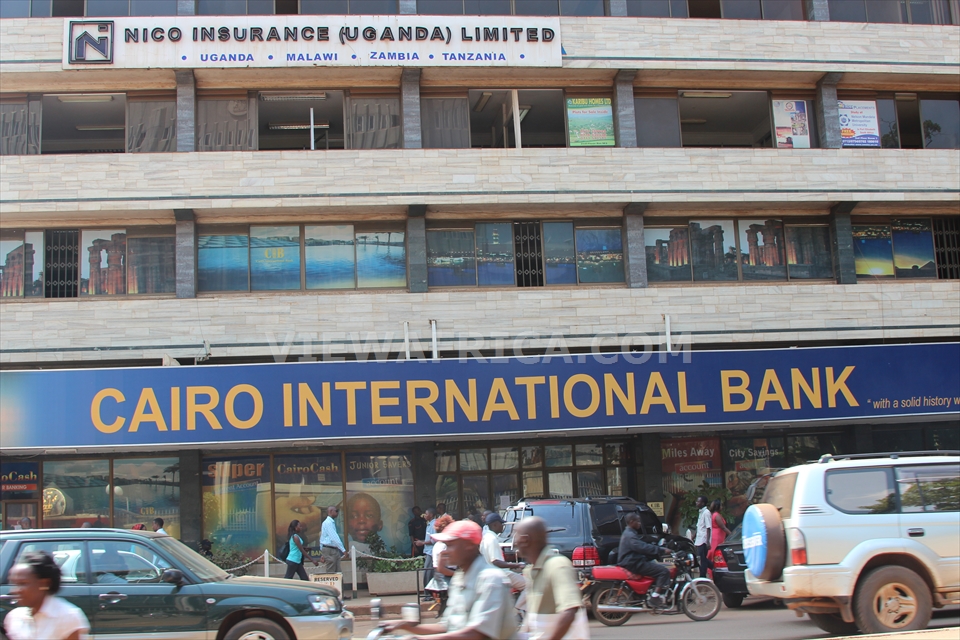On the fateful day of October, 20 2016, the Bank of Uganda took over the management of Crane Bank, saying it was significantly undercapitalized and posed a systemic risk to the stability of the financial system in the country.
The Central Bank which monitors and regulates the operations of all the 25 commercial banks in the country also said that the continuation of Crane Bank’s activities in its then form is detrimental to the interests of its depositors.
The Central Bank also suspended the board and acting Managing Director of Crane Bank and appointed a statutory manager, seasoned banker Edward Katimbo Mugwanya. Crane Bank, however, remained open and is reportedly operating normally. Bank of Uganda, according to Governor Emmanuel Tumusiime Mutebile, is working on getting investors to inject capital in the distressed bank.
However, word has already started making rounds that Crane Bank is not the only bank in trouble. This week has been awash with rumours that Cairo International (CIB) and the United Bank of Africa (UBA) are financially unstable.
Rumors say that they are undercapitalized and tried to beat this by switching ownership without the knowledge of Bank of Uganda.
Other banks reported to be in trouble DFCU, Bank of Africa, Diamond Trust Bank and Eco Bank.
But Mutebile, while addressing a press conference on Wednesday said no bank will be closed. While he said two banks (which he didn’t name) are being watched, he later called for another press conference to retract that statement, saying it was an error.
But in an economy that has been knocked on all fronts, the banking crisis as it is unveiling, according to sector insights are not surprising even though Mutebile continues to assert that Uganda’s banking sector is stable, sound, and profitable.
Sources say the Non Performing Loans, low deposits and high operational costs have been a burden to all bankers in Uganda. Profits have dipped and it is survival for the fittest. Uganda’s sector is small with less than 10 percent of Ugandans owning a bank account, the sources argue.
Further, the sources say many Ugandans have turned to mobile money to save their money or invest it tangible properties like land, while other Ugandans reportedly keep their money in their homes.
“In a fragile sector with so many broke banks operating, one wonders why Crane Bank, the third largest bank in the country, was put under management. Is Bank of Uganda being flexible with foreign banks?” one Economist, speaking on condition of anonymity, wondered.








